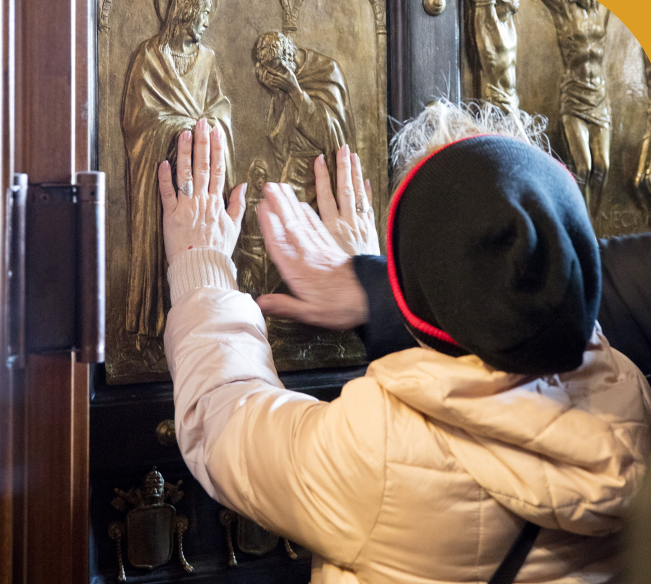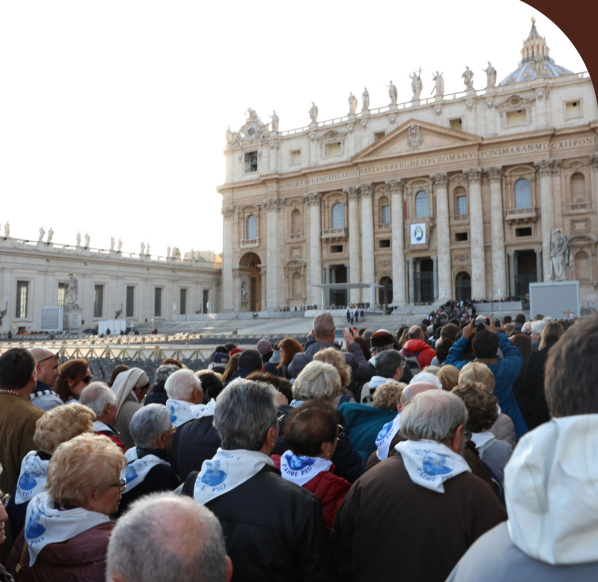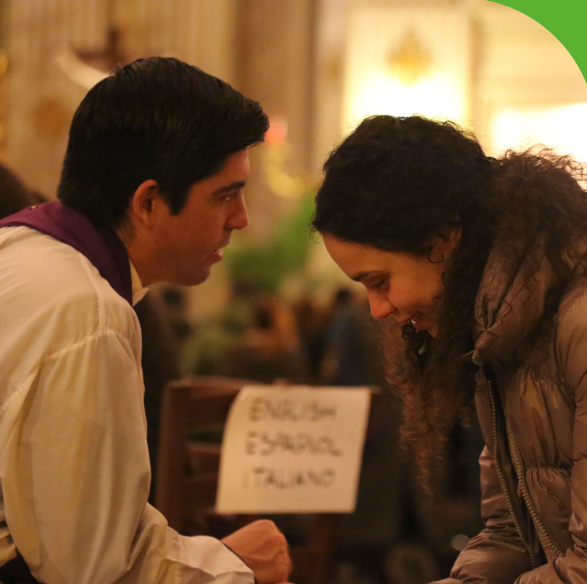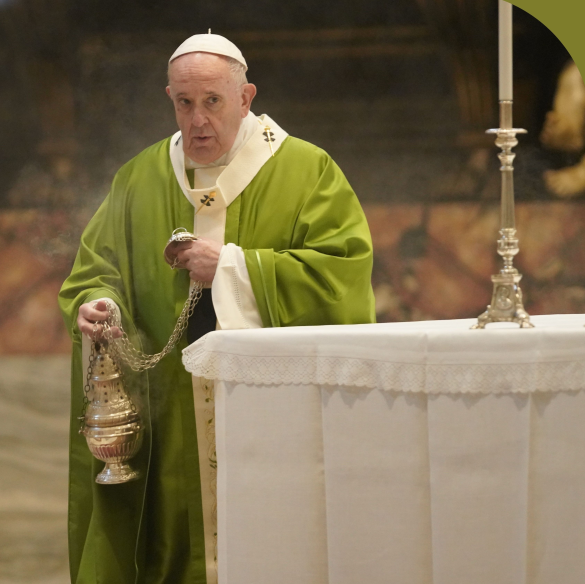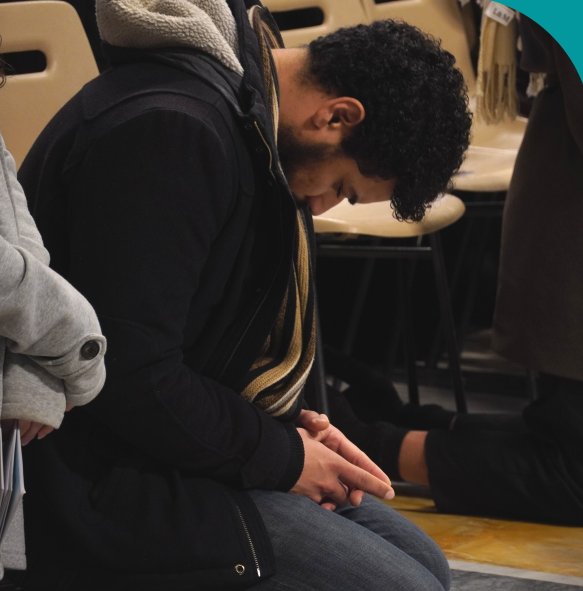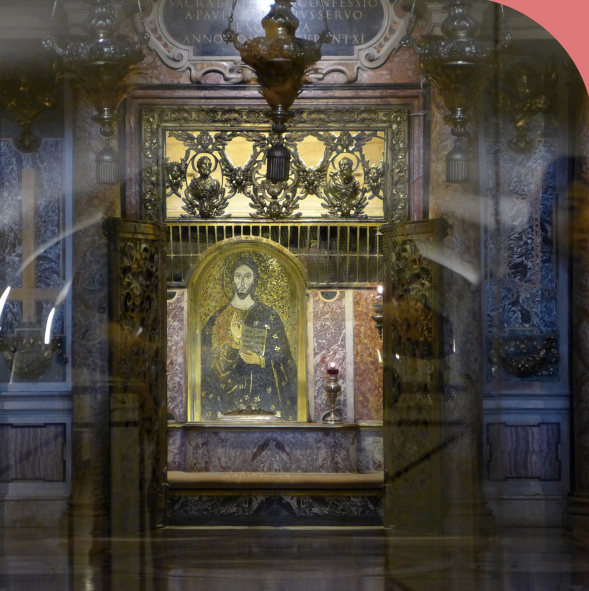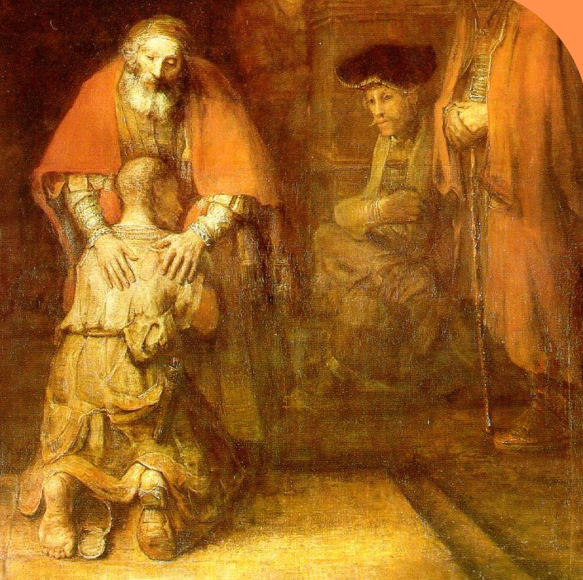Jubilee 2025
Pilgrims of Hope

What is Jubilee?
“Jubilee” refers to a special year marked by the yobel, a ram's horn used to announce the Day of Atonement (Yom Kippur). While the Jewish holiday occurs annually, it gains added significance in a Jubilee year, which happens every 50 years. This concept is rooted in the Bible, indicating that a Jubilee year follows every 49 years, or every seven weeks of seven years (cf. Leviticus 25:8-13).
In 1300, Pope Boniface VIII called the first Jubilee, also known as a “Holy Year,” since it is a time in which God's
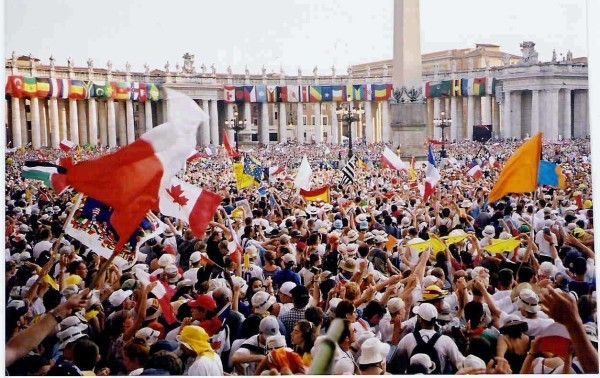
holiness transforms us. The frequency of Holy Years has changed over time: at first, they were celebrated every 100 years; later, in 1343 Pope Clement VI reduced the gap between Jubilees to every 50 years, and in 1470 Pope Paul II made it every 25 years. There have also been “extraordinary” Holy Years: for example, in 1933 Pope Pius XI chose to commemorate the 1900th anniversary of the Redemption, and in 2015 Pope Francis proclaimed the Year of Mercy as an extraordinary jubilee. The way in which Jubilee Years are marked has also changed through the centuries: originally the Holy Year consisted of a pilgrimage to the Roman Basilicas of St. Peter and St. Paul, later other signs were added, such as the Holy Door. By participating in the Holy Year, one is granted a plenary indulgence.
Characteristics of Jubilee




